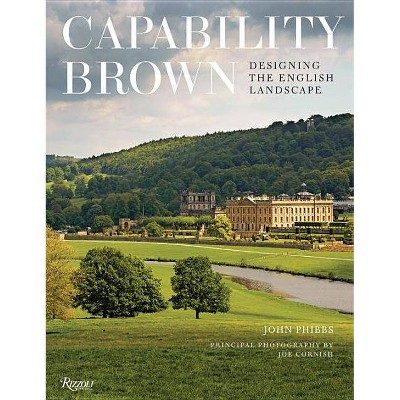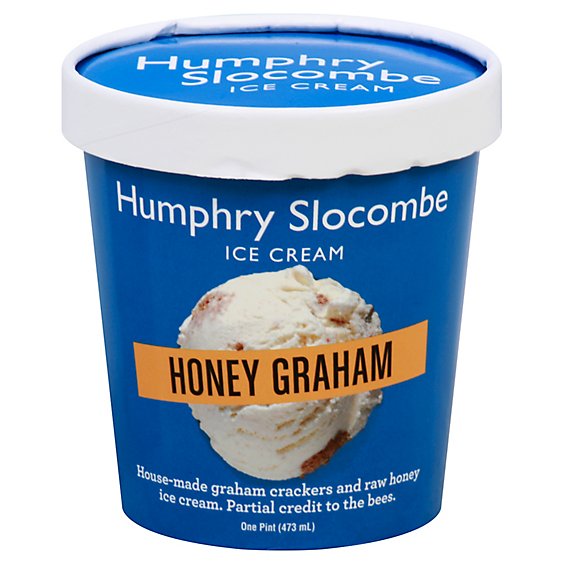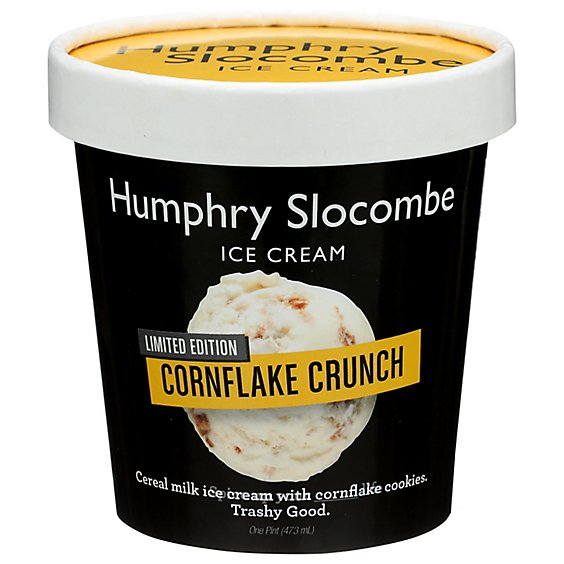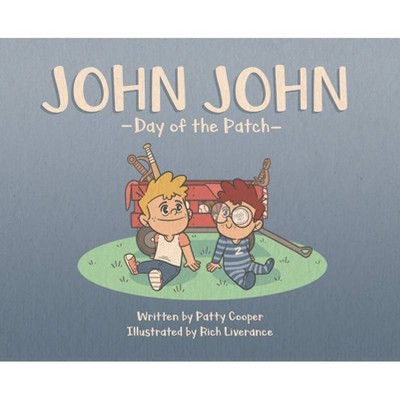Humphry Repton - by John Phibbs (Hardcover)
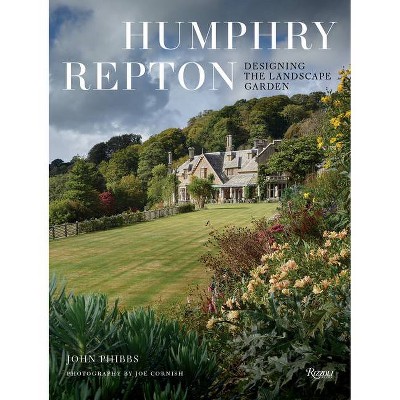
Similar Products
Products of same category from the store
AllProduct info
<p/><br></br><p><b> Book Synopsis </b></p></br></br><b>A definitive survey of the glorious British landscapes designed by Humphry Repton, whose influence is felt everywhere from the rolling meadows and kitchen gardens of English estates to New York City's Central Park.<br> </b> <p/>Widely acknowledged as the last great landscape designer of the eighteenth century, Humphry Repton created work that survives as a bridge between the picturesque theory of Capability Brown and the pastoral philosophy of Frederick Law Olmsted. <p/>By turns inspired by and in opposition to the grandeur of Brown's estates, Repton's contribution to the British landscape encompassed a tremendous range, from subtle adjustments that emphasized the natural features of the countryside to deliberate interventions that challenged the notion of the picturesque. This remarkable book explores 15 of Repton's most celebrated landscapes--from the early maturity of his gardens at Courteenhall and Mulgrave Castle to more adventurous landscapes at Stanage, Brightling, and Endsleigh that would point the way toward how we envision parkland today. <p/>With photography by Joe Cornish commissioned specially for the book, and including reproductions of key illustrations and plans for garden design from the famous red books that shed light on Repton's vision and process, this book illuminates some of Britain's most beautiful gardens and parks--and the masterful mind behind their creation.<p/><br></br><p><b> Review Quotes </b></p></br></br><br>The organizing idea of the book is straightforward -to pair photographs of the existing landscapes with the drawings and plans Repton made for them. Cornish's photographs are not simply illustrative. They bring out the rich strangeness of the English landscape features, and his eye attends to the details of light, shadow, and texture that we don't often see in staid landscape photography of great houses. Educated as a gentleman farm - er rather than a landscape gar dener, Repton avoided specific details or instructions for his designs, Phibbs says, preferring to focus on the site context, and it is in this that he has had the most influence on the Ameri - can landscape. In Frederick Law Olmsted, a Repton admirer, we see the next expression of Repton's ideas of the character of the 'situation, ' as he called it. Olmsted derives some understanding of the importance of the spirit of the place as a generative force from Repton, an idea we have recently come back to after a long time away. --LANDSCAPE ARCHITECTURE MAGAZINE<br><p/><br></br><p><b> About the Author </b></p></br></br><b>John Phibbs </b>is a renowned garden historian with more than 30 years' experience in the management and restoration of historic landscapes. He is the author of <i>Capability Brown: Designing the English Landscape</i>. <b>Joe Cornish </b>is an award-winning landscape photographer and an honorary fellow of the Royal Photographic Society, with a studio and gallery in Yorkshire, England.<br/>
Price History
Price Archive shows prices from various stores, lets you see history and find the cheapest. There is no actual sale on the website. For all support, inquiry and suggestion messagescommunication@pricearchive.us
